“Africa Is Likely To Make Greater Progress In 2020”
- Par Kimeng Hilton
- 30 déc. 2019 14:13
- 0 Likes
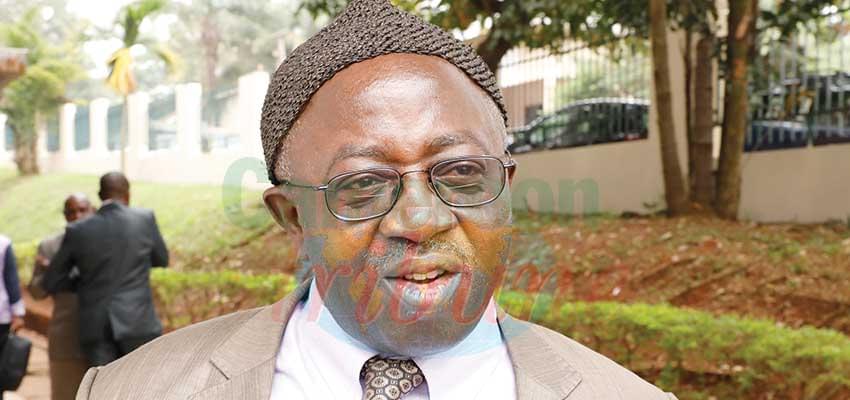
Prof. Emmanuel Yenshu Vubo, Political Sociologist, Dean, Faculty of Social and Management Sciences, University of Buea.
How do you assess the overall situation in Africa in 2019 in terms of security, political, transitional, economic, etc aspects?
The general situation in Africa in 2019 was that there was no generalized bad news like before. The catastrophic view of Africa seems to be changing. On the contrary, there was some good news, news about progress in quite a number of areas. The peace accord between the belligerent Ethiopia and Eritrea on the initiative of Ethiopian Prime Minister, Abiy Ahmed, earned him the Nobel Peace Prize. This was an example of how border disputes could be resolved in a peaceful manner.
The cooperation between Sudan and South Sudan on the exploitation and transit of crude oil through a pipeline between the two countries was further proof that African countries can work together rather than quarrel and fight among themselves. There were a few political transitions due either to elections (the Democratic Republic of Congo, DRC) or social unrest (Sudan and Algeria). Elections in the majority of countries were peaceful with no major post-election violence as has been the cases before. Even where there were electoral disputes, these were resolved through institutional mechanisms.
On the other hand, there were no new conflicts spots on the continent, although the endemic ones that spilled over from previous years have not had permanent and durable solutions. One can mention the Somali and Libyan civil wars, the protracted internecine dispute in South Sudan, Boko Haram insurgency in north eastern Nigeria as well as communal violence within the same country, Islamic State inspired insurgencies in North of Africa (Tunisia) and in the Sahel (Mali), just to name a few.
These are some of the conflicts with an enduring character that seem to still be begging for solutions. This is not to say that there were no success cases. Some peace seems to be coming to the Central African Republic. And one did not hear much about the conflict in South Sudan, Darfur, Northern Mali, eastern DRC and other formerly turbulent areas. Progress was timid, but that has to be consolidated and worked upon.
African economies fared well or slightly better than before. Nigeria came out of the table as the biggest economy again, showing that a country can be large in land size, populous, resource-rich and be economically viable. This debunks the fatalistic theories of resource curse or demographic obstacles to development peddled by some schools of thought who argue that nothing good can come out of Africa. The indicators did not show revolutionary breakthroughs, but there were signs of reversal of negative trends.
Regional economic integration in West Africa is taking a new turn with the adoption of a common currency come 2020. The discussion seems to be concentrated around the end of the Franc CFA of the UMOA states, but it goes beyond this to include all other ECOWAS states. This is revolutionary for the former French colonies that were so far tied to France through a common currency with colonial origins. There are discussions in the Central African (CEMAC) region to follow suit. Meanwhile, security challenges persisted, although they seemed to have abated. Violent attacks by terrorists were fewer and less recurrent. These were some of the observations one could make.
What were the major successes and setbacks; and what accounted for them?
The major successes as one could see lay in the reduction in the problem areas and the progress made in the economic and political fronts. The image of Africa improved considerably from one of a disaster-prone, conflict-ridden, and politically-inept continent to one that can take its destiny into its hands and run its affairs. This progress was the product of its own leadership that is less dependent on external influences for making decisions that concern its own destiny. That leadership is bold, futuristic and shows no complex vis-à-vis the dominant countries. The enduring problem areas were still too deep-rooted to be tackled so quickly. Some of the problems are related to ideologies (the idea of Islamic Stat...
Cet article complet est réservé aux abonnés
Déjà abonné ? Identifiez-vous >
Accédez en illimité à Cameroon Tribune Digital à partir de 26250 FCFA
Je M'abonne1 minute suffit pour vous abonner à Cameroon Tribune Digital !
- Votre numéro spécial cameroon-tribune en version numérique
- Des encarts
- Des appels d'offres exclusives
- D'avant-première (accès 24h avant la publication)
- Des éditions consultables sur tous supports (smartphone, tablettes, PC)






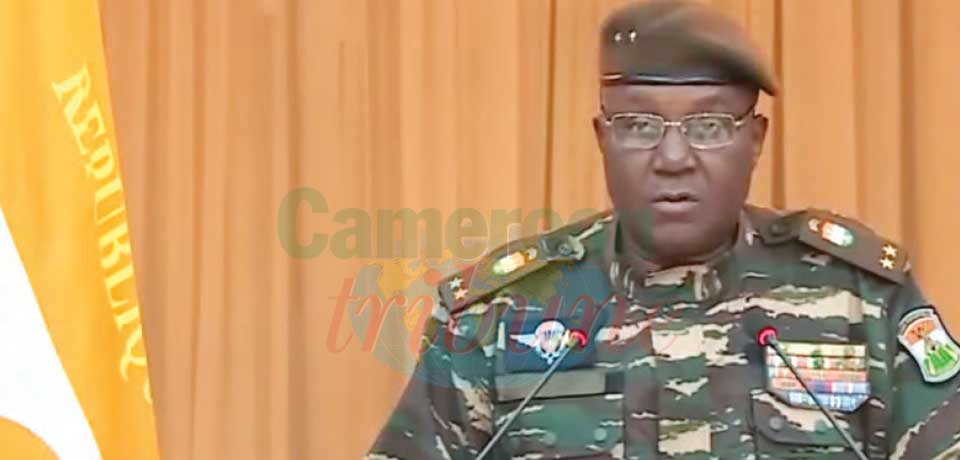
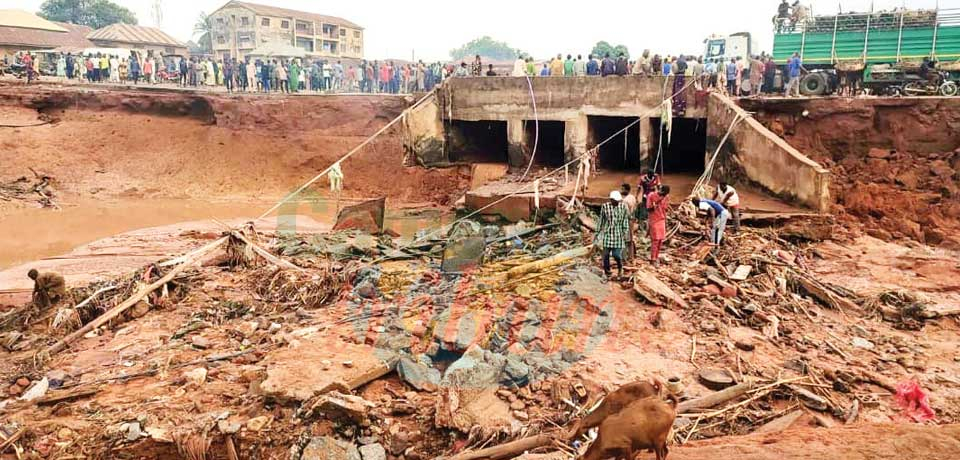
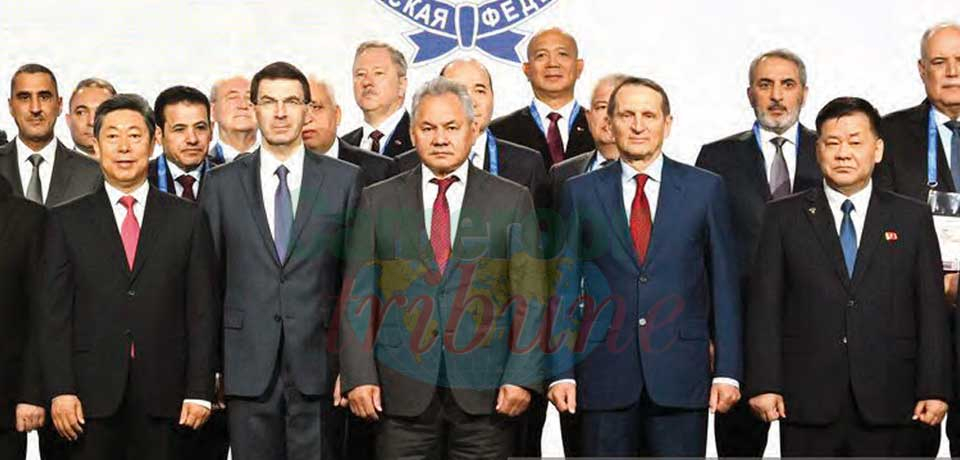
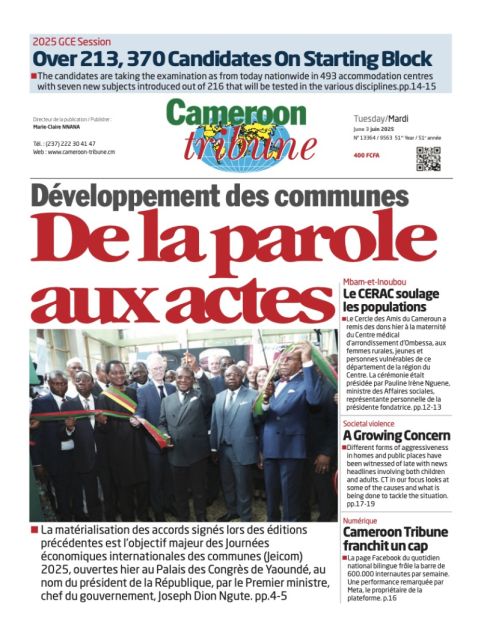




Commentaires